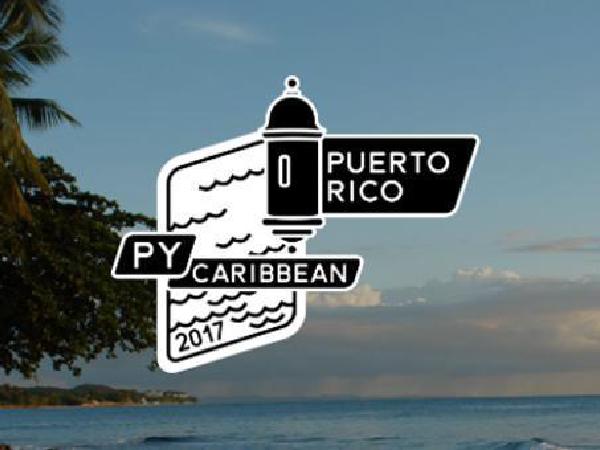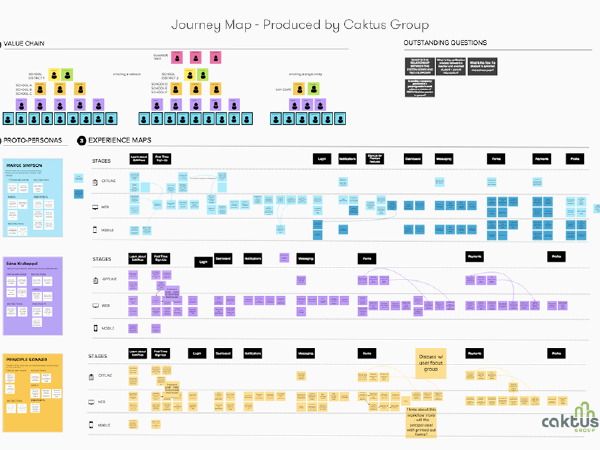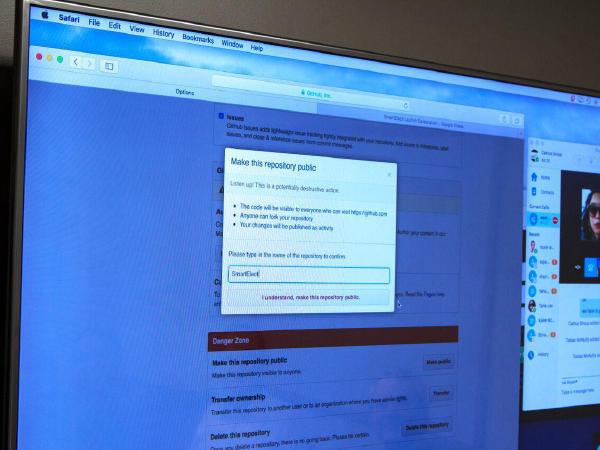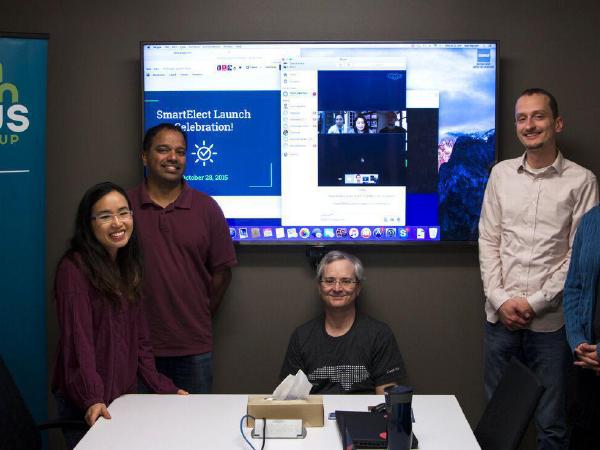ICT4D
2017

Caktus at PyCaribbean
For the first time, Caktus will be gold sponsors at PyCaribbean February 18-19th in Bayamon, Puerto Rico. We’re pleased to announce two speakers from our team.
2016

Digital development principles: a tech firm’s take on understanding ecosystems
When we meet potential clients, we want to learn more about their software development needs. Beyond that, we’re deeply curious about the work they do, those involved, and the kind of impact they desire to make in the world.
Caktus Endorses Principles for Digital Development
Caktus is proud to announce that we endorse the Principles for Digital Development or “Digital Principles”, a set of best practices that support technology creation for international development. We feel strongly that they help technology companies like us improve our contributions to the Information and Communications Tool for Development (ICT4D) community. In offering technical design and software development services, we often work alongside our clients to help shape the tools they need. Because of our influence in this process, having established principles are helpful to use as a guide in our conversations and design of the tools we build.

What We’re Clicking - April Link Roundup
It’s time for this month’s roundup of articles and posts shared by Cakti that drew the most attention on Twitter. The list highlights new work in civic tech and international development as well as reasons for the increasing popularity of Python and open source development.

The Trials, Tribulations, and Triumphs of Choosing an M&E Platform
Republished with permission from ICTWorks.org
At the recent MERL Tech conference, Tania Lee (Caktus Group), Tom Walker (Engine Room), Laura Walker McDonald (SIMLab), and Lynnae Day (Oxfam America) led a session called, “The Trials, Tribulations, and Triumphs of Choosing an M&E Platform.” They’ve written up their reflections and learning from that session focusing on project design, tool design/research, and getting things off the ground, whether that means finding external help or building a custom solution.
2015

What We Open Sourced in 2015: A New Year's Retrospective
This year we had the pleasure of building a number of unique solutions for several organizations. In addition, we had the support of these clients to open source the tools we built. By open sourcing our work, we enable others to use, replicate, and even improve upon the tools we’ve created.

What human-centered design can do for international development
Cross-posted with Creative Associates International. Written by Gina Assaf (Creative Associates International) and Tania Lee (Caktus Group). Image courtesy of Creative Associates International.

Open Sourcing SmartElect: Libya's SMS Voter Registration System
We are proud to say that, with the Libyan High National Elections Commission (HNEC) and consultative support from the United Nations Support Mission to Libya, we have open sourced their elections management platform today under a permissive Apache 2.0 license. Open sourcing means other governments and organizations can freely adopt and adapt the elections tools which cover nine functional areas. The tools range from SMS voter registration, the first of its kind, to bulk alerts to voters and call center support software. You can learn more at our brand new SmartElect homepage. This is the cumulation of two years of work, so we’re incredibly excited to share SmartElect with the rest of the world.

PyCon 2015 Workshop Video: Building SMS Applications with Django
As proud sponsors of PyCon, we hosted a one and a half hour free workshop. We see the workshops as a wonderful opportunity to share some practical, hands-on experience in our area of expertise: building applications in Django. In addition, it’s a way to give back to the open source community.

Stanford Social Innovation Review Highlights Caktus' Work in Libya
The Stanford Social Innovation Review recently featured Caktus in “Text the Vote” in Suzie Boss’ “What’s Next: New Approaches to Social Change” column. It describes how our team of developers built the world’s first SMS voter registration system in Libya using RapidSMS.